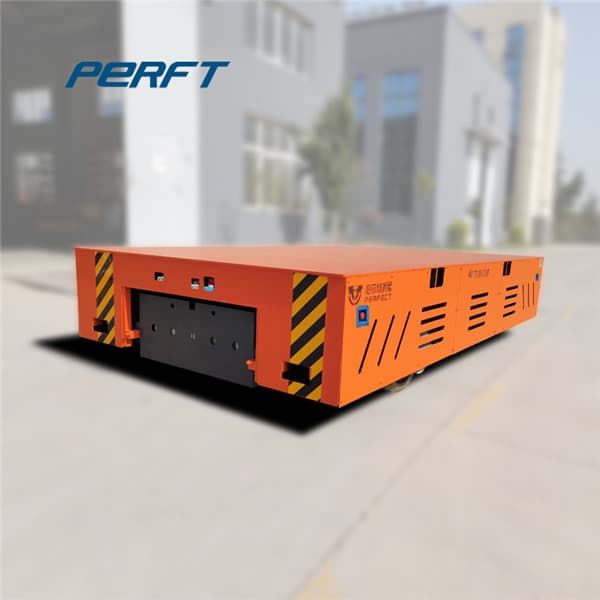
With the state-of-the-art 3D elevation perspective and preloaded topographic map data of the U.S., the rugged Colorado 400t is the perfect companion for your outdoor adventures. It gives you all the tools you need for serious climbing, hiking or hunting.
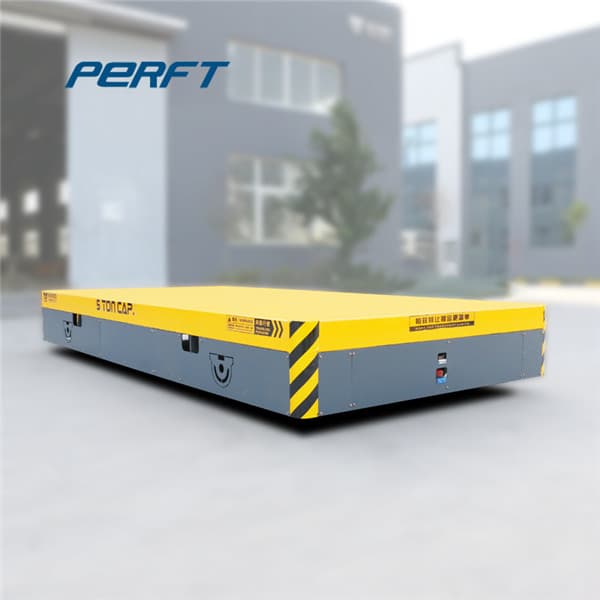
Coil Spring Technical Information. Coil springs are the most common used spring in most all motor-sports today. The reason is because it is very easy to change the component as well as check the rate, unlike leaf springs and some total hydraulic shock suspensions. Furthermore, with the incorporation of the coil-over spring/shock type suspension

For example, during a test a 1500# open end coil spring gained 464 lbs. of rate after 2 inches of spring travel. By comparison, a 1300# Afcoil (closed end coil spring) gained only 48 lbs. of rate after the same travel. Further testing of a series of open end coil springs produced rate creep so inconsistent that at some points of spring travel
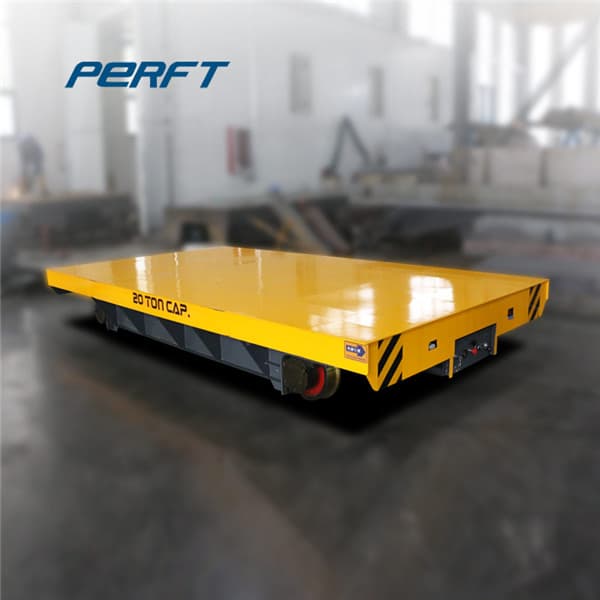
goes up or down. Heating air with a steam coil or a hot water coil is an example of sensibly heating air. For sensible heating or cooling, the following equation holds true: Q = M * Cp * Delta T Where: Q = The amount of heat transferred to or from the fluid (BTU/hr) M = Mass flow rate of the fluid (lb/hr)
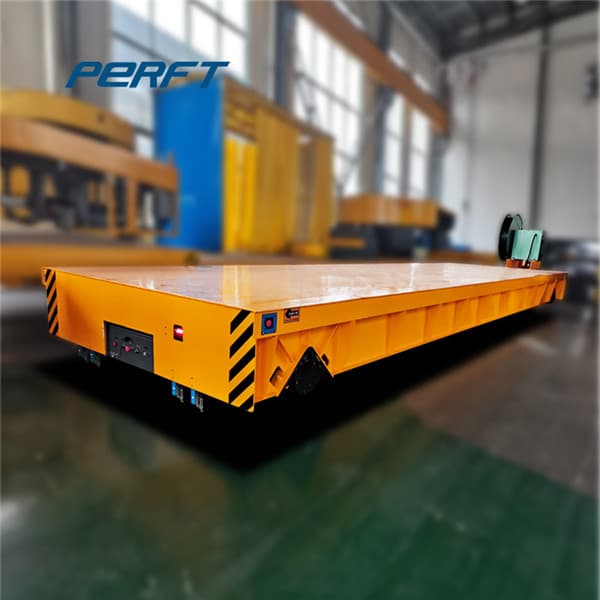
BOXCARS. When you picture a train car in your head, there's a very good chance a boxcar is the first thing that comes to mind. That's because boxcars are the gold standard of the rail freight world, making up the majority of many trains. Boxcars feature a solid roof and sliding doors in the center of each side, making it easy to load and unload
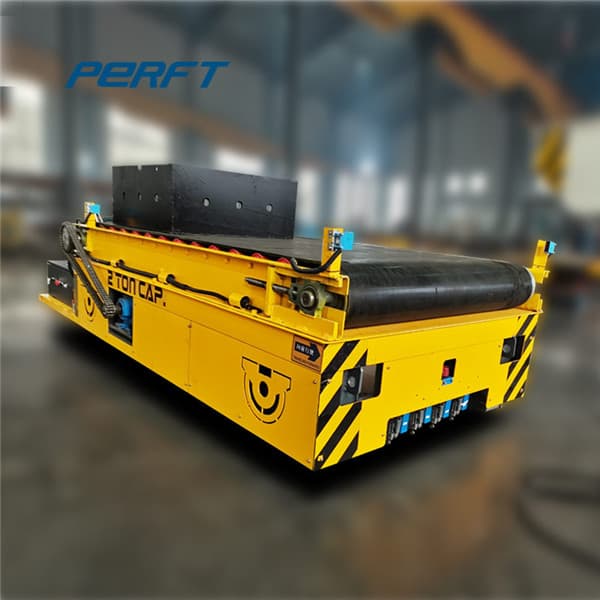
HVAC COOLING LOAD CALCULATIONS AND PRINCIPLES Sensible Heat Gain – is the energy added to the space by conduction, convection and/or radiation. Latent Heat Gain – is the energy added to the space when moisture is added to the space by means of vapor
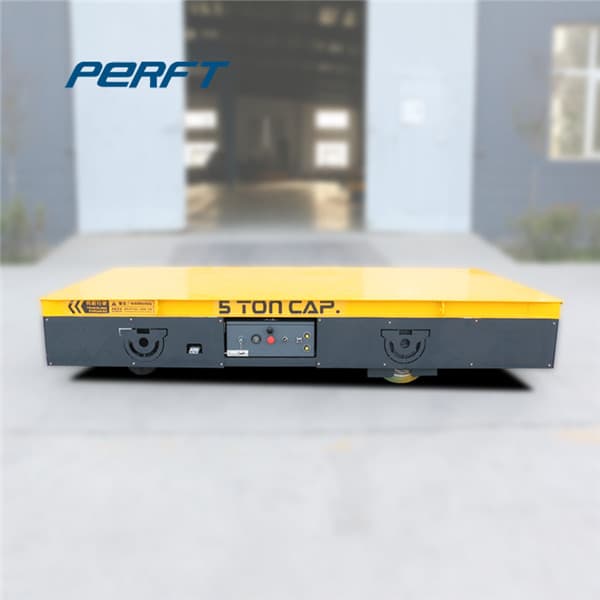
Indirect heating of fluids is covered in this tutorial including layouts, control and drainage of coils and jackets, and heat transfer calculations. Vessels can be heated in a number of different ways. This module will deal with indirect heating. In these systems, the heat is transferred across a heat transfer surface.
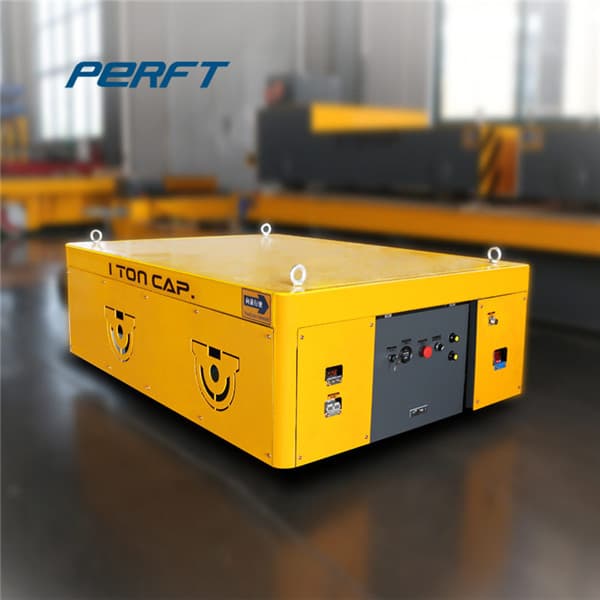
Standard. Engine, 5.3L EcoTec3 V8 with Dynamic Fuel Management, Direct Injection and Variable Valve Timing, includes aluminum block construction (355 hp [265 kW] @ 5600 rpm, 383 lb-ft of torque
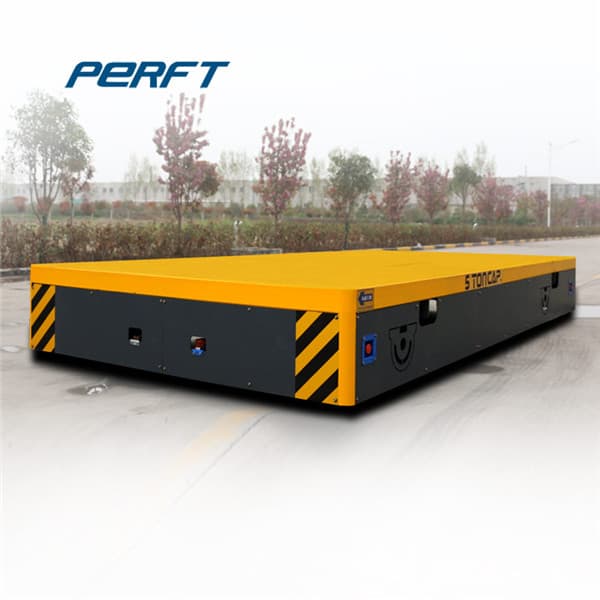
slip load equation. The voltage compensated load can be calculated as shown in Equation 6. Equation 6 An advantage of using the current-based load estimation technique is that NEMA MG1-12.47 allows a tolerance of only 10% when reporting nameplate full-load current. In addition, motor terminal voltages only affect current to
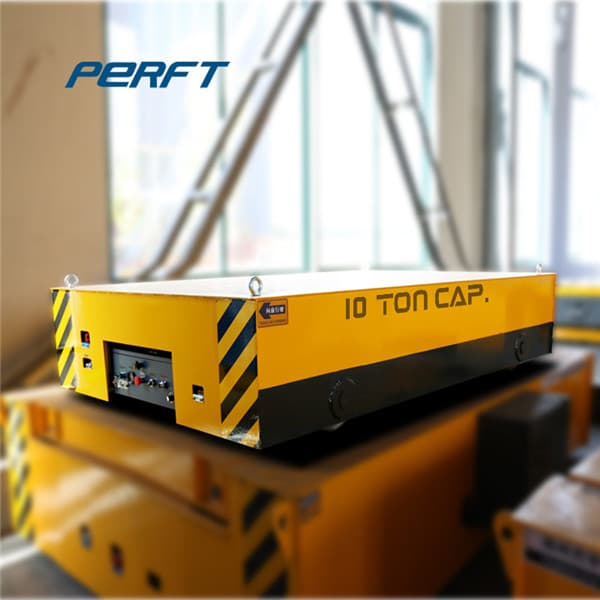
Heavy Industrial Coil Handling Cars to Transfer and Position Rolls & Coils. Autoquip Coil Transfer Cars utilize powered traverse drives (with or without a hydraulic lift) to eliminate the need for overhead cranes or fork trucks in safely executing coil-to-mandrel transfers and coil staging. Coil Transfer Cars offer an economical and dependable
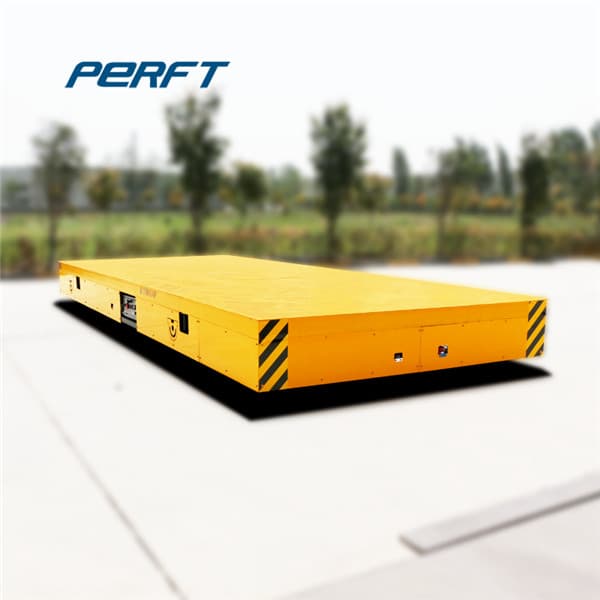
Perfect Transfer Cart: OTC 7645 Parasitic Draw Tester : Automotive. Details. Lisle 64970 Parasitic Drain Tester $22.59. In Stock. Ships from and sold by Perfect Transfer Cart. FREE Shipping on orders over $25.00. Details. OTC 6945 Parasitic Draw Test Switch for GM and Other Vehicles with Side or Top Post Battery $90.34. Only 6 left in stock.
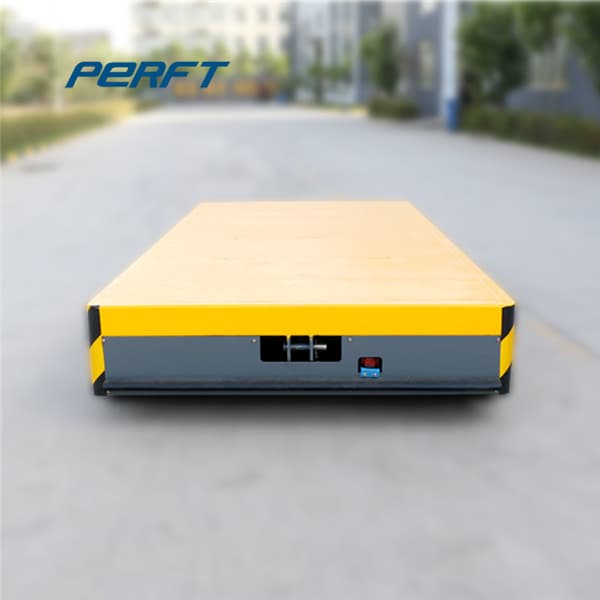
Sep 24, 2021 · 3/25/2022. 321H stainless steel has good corrosion resistance, especially in oxidizing medium has good corrosion resistance. Because of its good heat resistance and oxidation resistance, it is more used as a heat resistant steel. Comparing with 321 Stainless steel, [TJC STEEL]321H has higher Carbon content and similar properties with 321 Stainless.
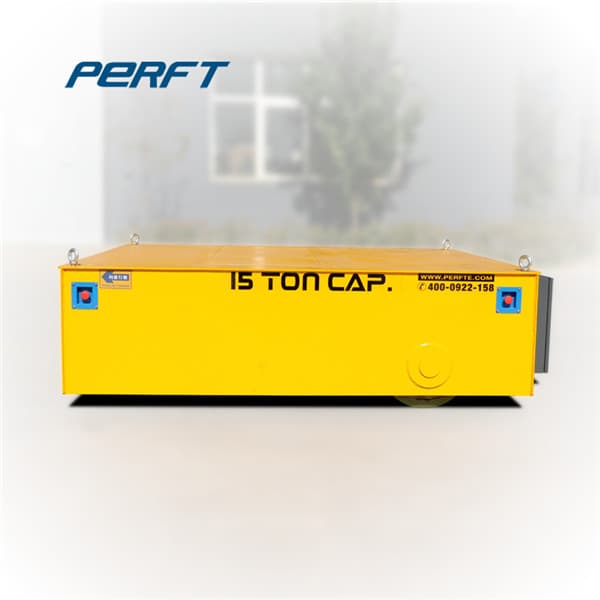
Figures 5.7 and 5.8 show the load–temperature curves for a Ti–50.6 at.% Ni spring heat treated at 470 °C for 60 minutes and 500 °C for 60 minutes, respectively.It is clearly seen that the hysteresis of transformation temperature increases with increasing heat treatment temperature: the spring heat treated at 470 °C exhibits an extremely small hysteresis of 2 °C.
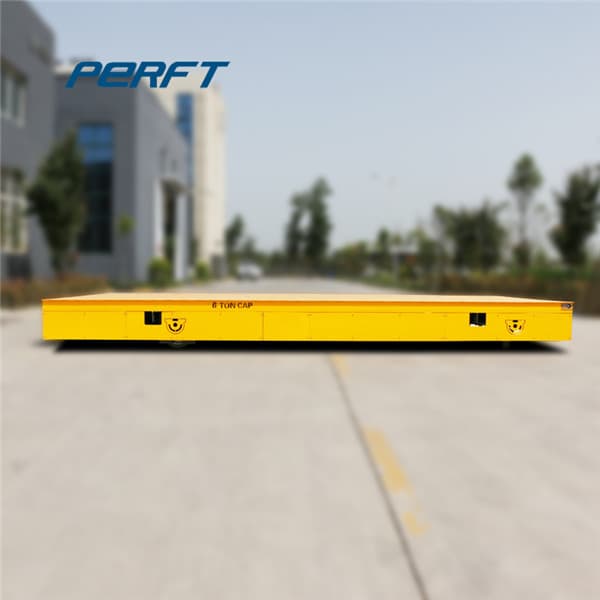
Aug 25, 2016 · When a car leaves the starting line, acceleration forces create load transfer from the front to the rear. This puts more load on the back tires and simultaneously increases traction. The catch here is there must be enough hook for the car to get moving and transfer the weight. It won’t transfer weight if it’s turning the tires.
